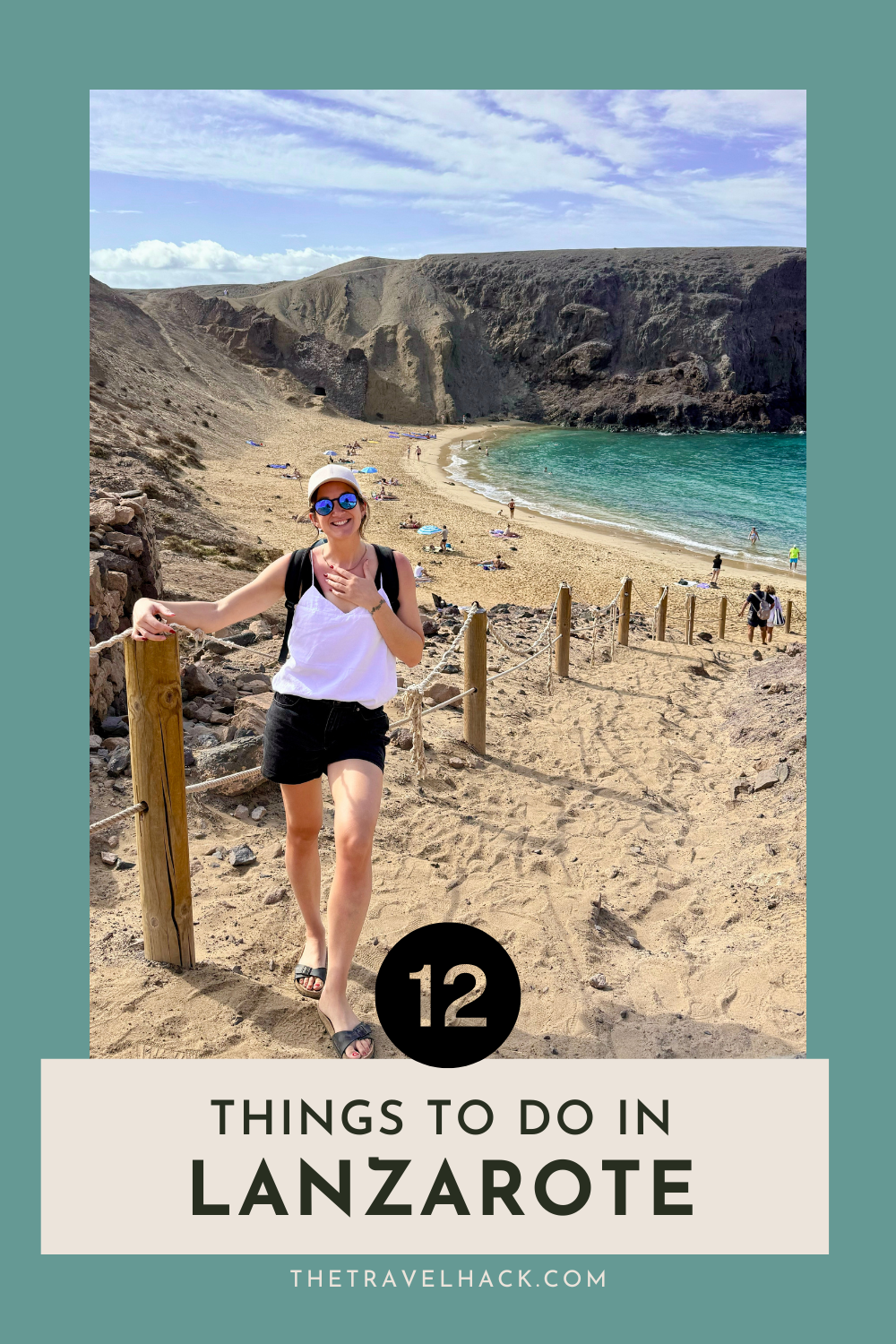The nomadic lifestyle can be beautiful and exciting, but that also makes it very taxing. The lack of stability and the adrenaline of being constantly on the move can take a toll on your body as much as your mind. Eli and Dan tackle this problem in this episode about how to stay healthy while maintaining a nomadic lifestyle.
Listen to the full pod here: Staying Healthy While on the Move
When it comes to health, both mental and physical, our dear hosts identified three key components: exercise, nutrition, and sleep. As most readers and listeners will know, keeping up with the three of them is difficult even for those who lead normal or ordinary lifestyles.
Add to that the fact that nomads have to deal with time zones and jet lag, and constant changes in cultural eating habits and living conditions, and it becomes almost impossible.
As Eli pointed out at the beginning of the pod, taking care of your health requires you to be considerably disciplined, which has a lot to do with habits, and habits are practically incompatible with being a nomad.
But you can help yourself out by setting up some core principles that you can make sure you can adhere to no matter where you end up traveling to.
These principles, as Eli pointed out, have to be kept simple, because everything else in your life will probably be a little complicated.
Keeping Healthy Sleeping Habits
When it comes to sleep, it might be important to invest in suitable accommodation. That will, of course, depend on your needs, but when it comes to making a budget, prioritizing that your accommodation will allow you to get proper rest is very important. It doesn’t have to be fancy or luxurious, but if, for instance, you know that you’re a light sleeper, maybe don’t get a shared dorm. If you have back problems, check the reviews to see how comfortable the beds are. And so on.
Also, limiting your screen time can be very helpful. Of course, it’s understandable that you would be checking your itinerary the night before an important flight or so, but most nights, it would be helpful to make sure to spend some time before going to bed before looking at screens.
Eli takes this very seriously, and goes as far as to lock his phone away to make sure he won’t succumb to the temptation of checking it out. This might seem extreme to some people, but if you’re having trouble with it maybe you could start out with something like this, and then gradually, as you get used to spending nights away from your phone, loosen up the strict limitations.
Dan, admittedly, has some trouble with this, but something that helps soothe him before bed is reading for a while. He keeps a book next to his bed no matter where he is and makes sure to read at least for a few minutes before falling asleep. The ritual helps as much as the act of reading in itself.
Sleeping habits help, of course, but one thing that’s impossible to ignore is how much jet lag inevitably affects a nomad’s quality of sleep. Something that works for Eli is making sure to deal with jet lag right off the bat. No matter how tired he is, he will always wait until night time to go to bed, so he can get used to the new time zone right away. As tough as it may seem, a few hours of sacrifice might make a huge difference.
How To Maintain An Exercise Regime
Learning to maintain an exercise regime doesn’t mean you need to become a gym fanatic, it just means you should make sure to work out at least a little bit every day. A good way to commit yourself to this is to make sure to keep your routine simple.
If you have an intense workout routine that requires a lot of equipment, you will be spending too much time and money in finding a place to do it. If you keep it light and simple, something that gets you moving but that you can do anywhere, you won’t have to worry about where to do it.
Also, doing your workout in the morning is super helpful for two reasons: one, you get it out of the way as soon as you wake up and make sure not to forget; and two, it will energize you and get you ready for the rest of the day.
If this is something that you feel might be too difficult for you, there’s another, very easy way to make exercise a part of your daily routine: walking. As simple as that. Instead of taking a bus, walk to your next attraction. Take a walking tour. Stay in a place away from the city, it might even be cheaper. Eli has been walking at least six kilometers a day and it has changed his life.
The rest is up to you. If you will be staying for a relatively long time in the same place, it might be worth it to find a group to work out with, whether that is in a gym or doing a group sport. That will not only be good for your health but it will also help your social life.
Eating Healthy Doesn’t Mean Not Enjoying Your Food
When it comes to nutrition, that’s very personal, but something that works for Eli is intermittent fasting. He said that people tend to eat the most unhealthy things right before bed (true), and fixing an hour after which you don’t eat anymore will guarantee you won’t put unhealthy stuff in your body. Of course, the schedule will depend on every person, so here are some more general principles that might help.
First of all, check the ingredients in the food you buy. As Eli so wisely said, if it has too many ingredients, it’s probably not that good for you. Also, don’t avoid your greens. There are many ways to make a salad taste good. Get creative! Cooking yourself also can help make sure food is healthy (and it will save you some money).
That, of course, will sometimes depend on whether you have access to a kitchen in your accommodation, but it doesn’t have to be something too elaborate.
For instance, Dan likes to make himself overnight oats so that he can make sure he will have a healthy option for breakfast. That doesn’t require too much work or money, and you only need a fridge to store it.
When living on the road, it’s normal to go out early and just eat whatever you can find throughout the day, but maybe making sure to have at least one thought-out, healthy meal a day will make all the difference.
These are just our two cents, of course, but hopefully, readers will find in these tips a way to make their nomadic life a little bit easier.

